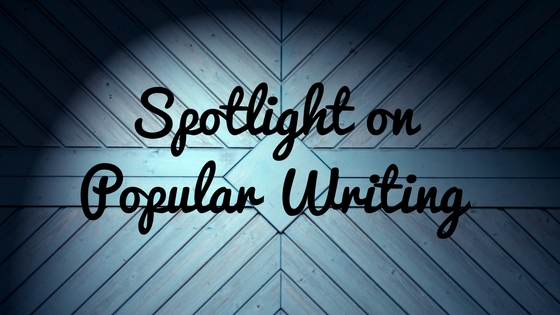In April of this year, the students at my university, the University of Puerto Rico at Mayagüez went on an indefinite strike to protest austerity measures mandated by the U.S.-appointed fiscal control board. This un-elected board is demanding over $500 million in cuts to the only public higher education system in Puerto Rico. Without getting into it too much, suffice to say that these cuts could cause the university to collapse and will definitely make it unrecognizable.
The strike was a very stressful time for everyone (understatement!). One of the most impactful aspects of the two-month strike for me personally was to see the public reactions to the idea of possibly losing the public university. It was divided: the students and many others on one side, saying: we will have no country, no future, and no working middle class without a public university, and people on the other side saying: why do I really care? Stop complaining. Life is tough, maybe we will lose the university, but why do we really need it, anyway?
It hit me like a ton of bricks: the purpose of universities is not immediately clear. Some other aspects of the discourse that surrounded the strike included complaints (and even threats of laws to be passed) that professors should not be making their salaries if they are not giving classes. Again, it became super clear that people didn’t really understand what the work of a professor is, and how it is much more than just teaching classes.
I could go on and on (and I will elsewhere), but here’s the big takeaway: The university has to be relevant if it’s going to survive. And not just Puerto Rico’s university: all universities. One way that I think we can achieve this relevance is by communicating with the people that we want our work to affect via popular forms of writing.
To this end, I’ve decided to launch a series of video interviews with people who I think do this particularly well. It is no accident that the first one of these spotlight interviews is with Dr. Yana Weinstein. Dr. Weinstein is an assistant professor at University of Massachusetts, Lowell. She is also a founding members of The Learning Scientists, whose vision it is “to make scientific research on learning more accessible to students, teachers, and other educators.” And that, my friends, is what I mean by making work relevant to those it aims to affect.
In this interview, I ask Dr. Weinstein about how The Learning Scientists got started, how it’s developed, what it’s like to consistently publish a blog, and how her work with The Learning Scientists is interconnected with her more traditional academic writing (grant writing, peer reviewed journal pubs, etc.).
I would LOVE to hear what you think! Leave a comment below!






